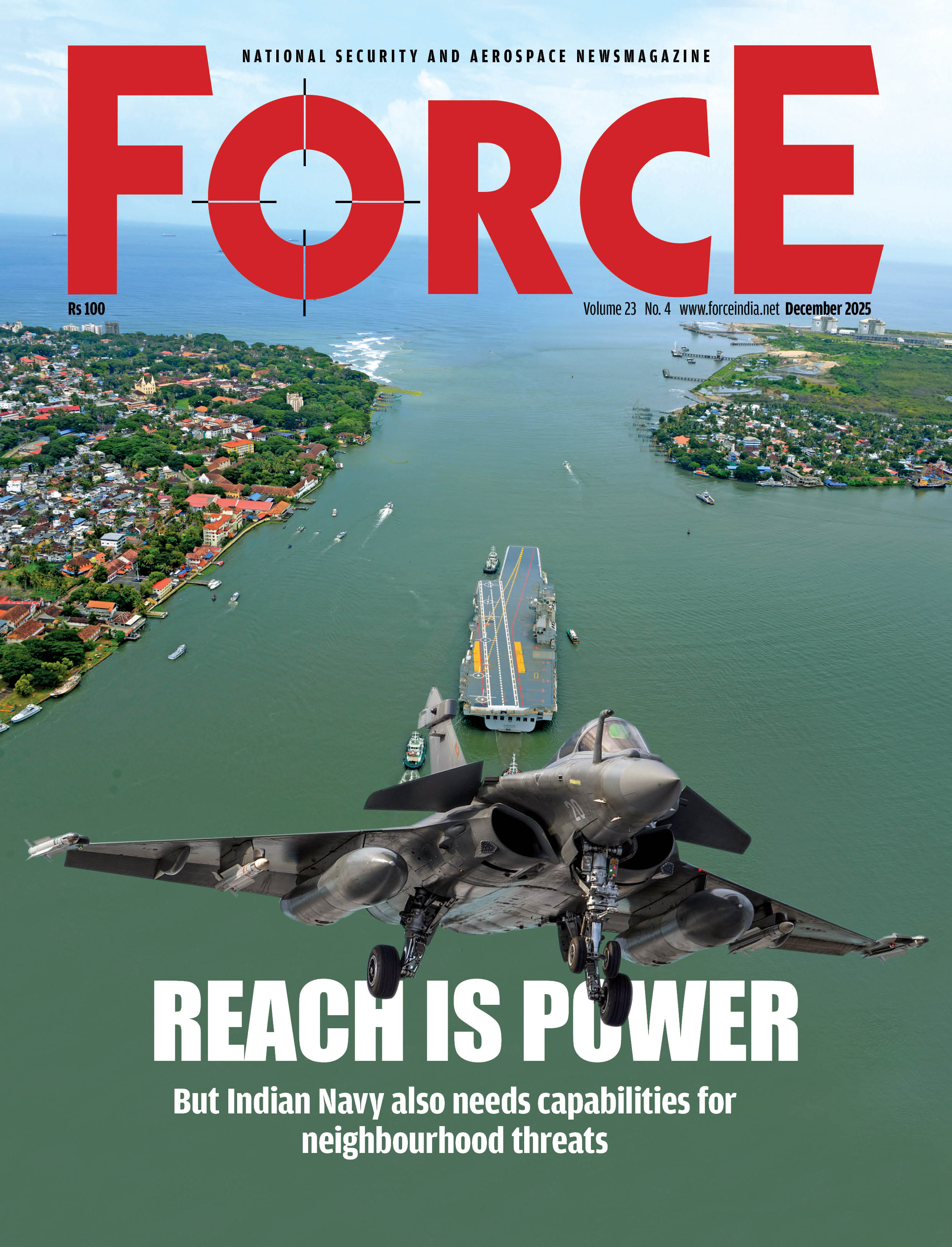Tit for Tat
 Air Cmde T.K. Chatterjee (retd)
Air Cmde T.K. Chatterjee (retd)
I asked a very prominent Generative Artificial Intelligence (Gen AI) tool if India engages in proxy warfare anywhere in the world. I am producing here the answer I got, verbatim.
‘Based on available evidence and expert analysis, India does not have a significant record of indulging in proxy wars abroad. The country’s approach to conflict has traditionally relied on direct military engagement and overt state actions, rather than the use of non-state proxies to achieve its foreign policy objectives.
Most references to proxy warfare in the South Asian context involve Pakistan’s use of militant groups against India, particularly in the region of Jammu and Kashmir. India, on the other hand, has primarily responded through counter-insurgency and counter-infiltration operations within its own territory and along the Line of Control (LC), rather than sponsoring armed groups to operate in other countries.
Analysts note that India’s strategic culture and national security apparatus have shown a strong preference for the “direct approach” in warfare, which limits its use of indirect or proxy methods. While there is ongoing debate within Indian strategic circles about whether India should develop proxy war capabilities to match those of its adversaries, current assessments indicate that India’s actual capabilities and use of proxies are negligible.’
The tool referred to 20 articles in various publications to create this summary. I glanced at them all and could understand that India does not indulge in proxy warfare, but I could not understand why! Is it ethically wrong to wage proxy warfare with your adversaries, or is it the lack of honour and valour in such conduct that prevents India from engaging in proxy warfare? Or is it the lack of infrastructural capabilities in indirect warfare because of doctrinal alignment towards a direct approach?
Let us see the proxy warfare of recent times.
The most well-known of
Subscribe To Force
Fuel Fearless Journalism with Your Yearly Subscription
SUBSCRIBE NOW
We don’t tell you how to do your job…
But we put the environment in which you do your job in perspective, so that when you step out you do so with the complete picture.







